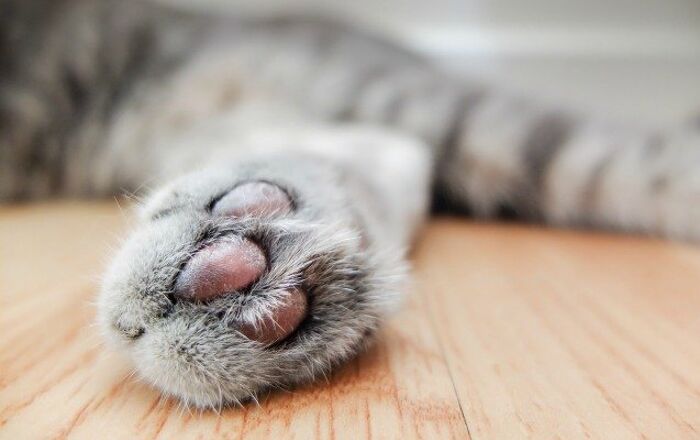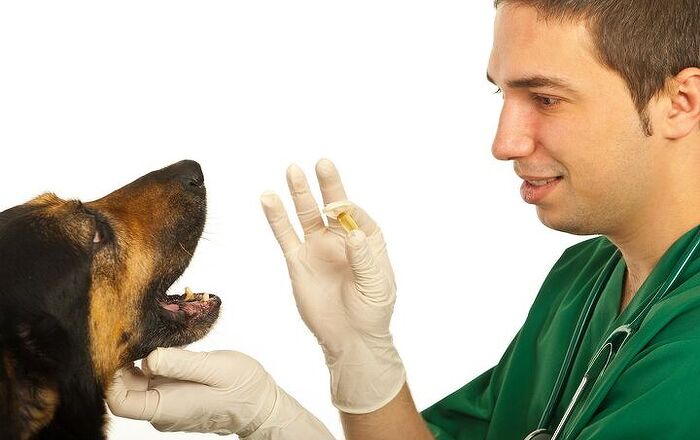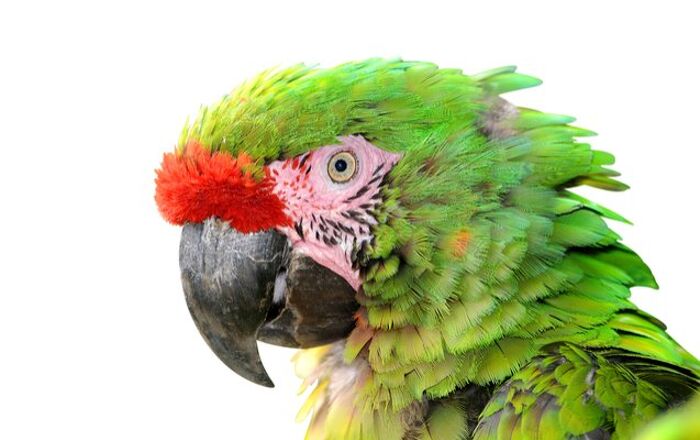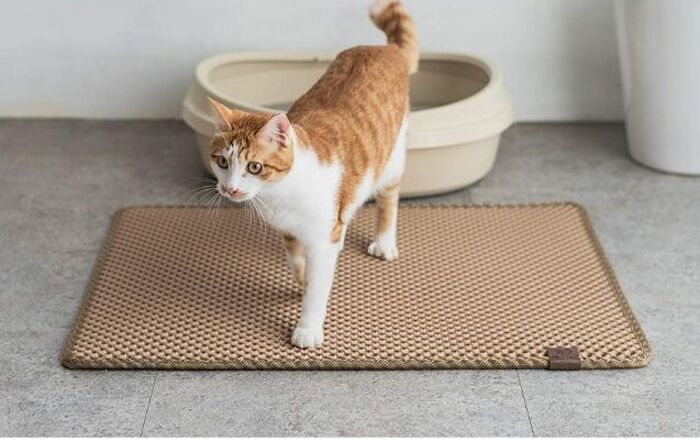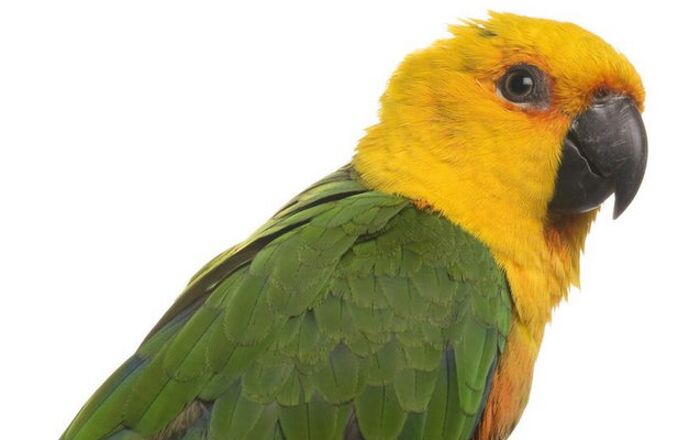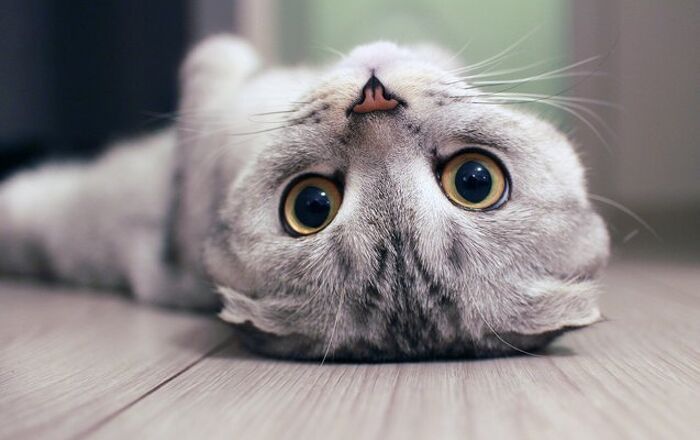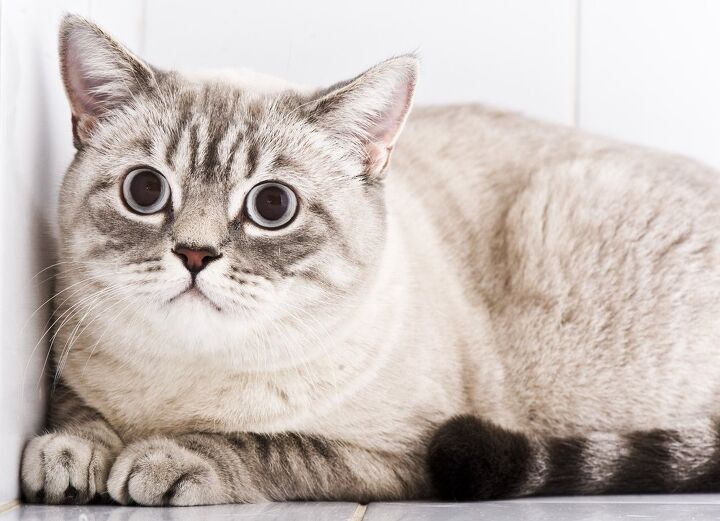
A condition that can prove to be uncomfortable in cats, feline hyperesthesia syndrome cause increased skin sensitivity.
Feline hyperesthesia syndrome is also often referred to as twitch-skin syndrome, twitchy cat syndrome, rolling skin syndrome, atypical neurodermatitis, psychomotor epilepsy, and neuritis. No matter what you call it, though, it’s a condition that causes your kitty to feel increased sensitivity in the skin, so you can imagine how uncomfortable it can be.
Check out the information below to learn more about feline hyperesthesia and what you can do if your cat has been diagnosed with it.
Related:What Is Feline Whisker Fatigue?
The Causes
Feline hyperesthesia syndrome affects the skin, as well as the neuromuscular system and nervous system. Unfortunately, experts aren’t entirely sure about what the actual cause could be of this rare condition.
Some experts believe that there might be a link between a seizure disorder and hyperesthesia, or that dry, itchy skin caused by a deficiency of omega-3 fatty acids in the diet might contribute to symptoms. Others have theorized that it’s a form of obsessive-compulsive disorder, or that it might be the result of a cat feeling stressed.
Related:How To Relax A Stressed Cat
The Symptoms
Symptoms of feline hyperesthesia could develop at any age, and the condition can occur in all breeds. A cat that suffers from hyperesthesia syndrome might end up licking and biting her own body, such as her limbs, tail, and back.
Here are some of the other signs that your cat might have hyperesthesia:
Generally, these symptoms will occur in episodes that could last just a few seconds or a few minutes. In between the episodes, your kitty will act like nothing is wrong. Touching your cat in the wrong spot, though, might trigger an episode.
The Treatments
If your kitty starts exhibiting the signs of feline hyperesthesia syndrome, it’s a great idea to talk to your veterinarian, who will examine your pet and rule out other problems that have similar symptoms.
If hyperesthesia is the cause of your cat’s symptoms, it’s important to know that there isn’t a definitive cure for this condition. Instead, your vet might recommend giving your pet prescription medications, such as anticonvulsants or antidepressants. Reducing your cat’s stress and anxiety levels through environmental enrichment may also be helpful, or you might be advised to make changes to your kitty’s diet. Plus, natural remedies, such as acupuncture, massage, and supplements, might be recommended, too.
The Bottom Line
Feline hyperesthesia is not well understood, but there are steps that you can take to help your cat get relief. Working closely with your vet is the ideal way to figure out what will work best for your kitty.


